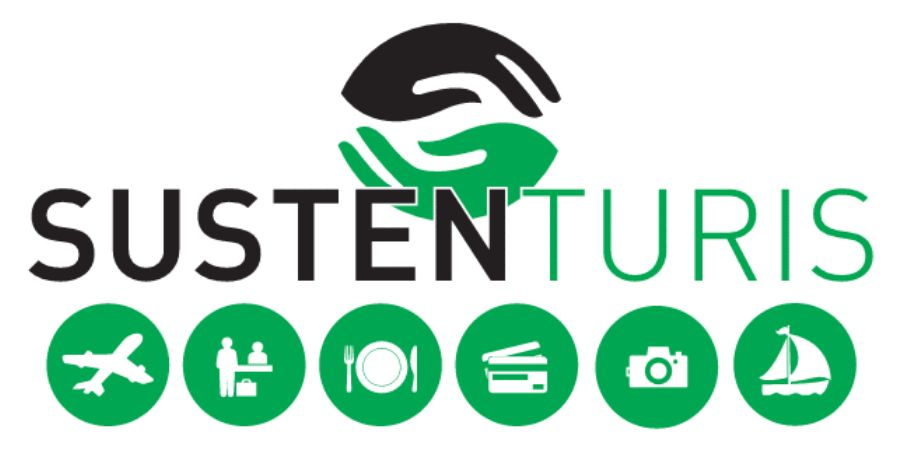Data Science for non-programmers
Researcher
The objective of this project is to explore the use of visual programming paradigms to enable non-programmers to be part of the Data Science workforce.
In contrast to existing approaches, which require programming, Scientific Workflow Management Systems (SWMS) can become an alternative to support the visual programming of data science projects. Such systems (e.g. Taverna and Kepler) use a simple graphical, graph-based structure to develop applications.
This simplicity has shown to be suitable in several scientific areas such as bioinformatics, geophysics, and climate analysis. Despite the success of SWMS in data intensive research, they did not reach a state where non-programmers data scientists can use them. They still require some programming and scripting skills to code individual processing tasks. That is why research teams using those systems are usually composed of scientists and software developers.
We propose to extend current SWMS to support the parameterization of generic prebuild workflow templates. Workflow templates capture the processing tasks of data science projects. A template can be seen as a formalized best practice that data scientists can use to solve common data analysis challenges. Templates are developed by multidisciplinary teams of experts and reused by non-programmer data scientists. Parameterized workflows have been used successfully in the field of enterprise computing since 1970 to increase software reuse (e.g. SAP’s parameterized workflows to automate business process models). We claim that the same type of benefits can be obtained by parameterizing scientific workflow templates.
Project Information
2019-09-17
2019-12-30
Project Partners
Sustainability and authenticity in the tourism offer
Researcher
This project aims to guarantee the environmental, economic, and social sustainability of the territories and the value chains that support tourism products, through the development of the sustainability of companies involved in tourism.
The project has sustainability management tools aimed at certification, marketing, and monitoring the sustainability of tourism products: i-SUSTENTURIS, e-SUSTENTURIS, and Itinerant SUSTENTURIS Workshops.
I-SUSTENTURIS is a certification system composed of a set of sustainability indicators (environmental, social, and destination), which will serve to measure and accredit the sustainability of tourism products, even those produced by micro and small companies, usually without the possibility of access to this resource.
E-SUSTENTURIS is a collaborative B2B (business to business) marketing platform, which aims to give visibility to sustainable tourism products developed locally, so that they can be integrated into more comprehensive offers resulting from cooperation between the various players in the tourism industry, including agents and global tour operators with an impact on intermediation with consumers and international markets.
Itinerant SUSTENTURIS Workshops enable the transmission of knowledge about internal management practices responsible for the development of corporate sustainability to improve the sustainability of tourism products, taking into account the results in the i-SUSTENTURIS indicators. In particular, they will promote the introduction of sustainability into company policies, through the development of action plan plans for sustainability, the correction of product performance based on indicators, and the adaptation of local companies' products to tourism.
The SUSTENTURIS project is innovative at several levels: in its focus on the sustainability of tourism products; in the evaluation of sustainability indicators calculated with a life cycle approach, in a transparent and traceable way, not only being a labe...
Project Information
2017-01-01
2018-12-31
Project Partners
- ISTAR-Iscte (SSE)
- ESHTE - (Portugal)
- GEOTA - (Portugal)
- FFCT/FCT/UNL - (Portugal)
- ISPA - (Portugal)
- ICNF - (Portugal)

 Português
Português


